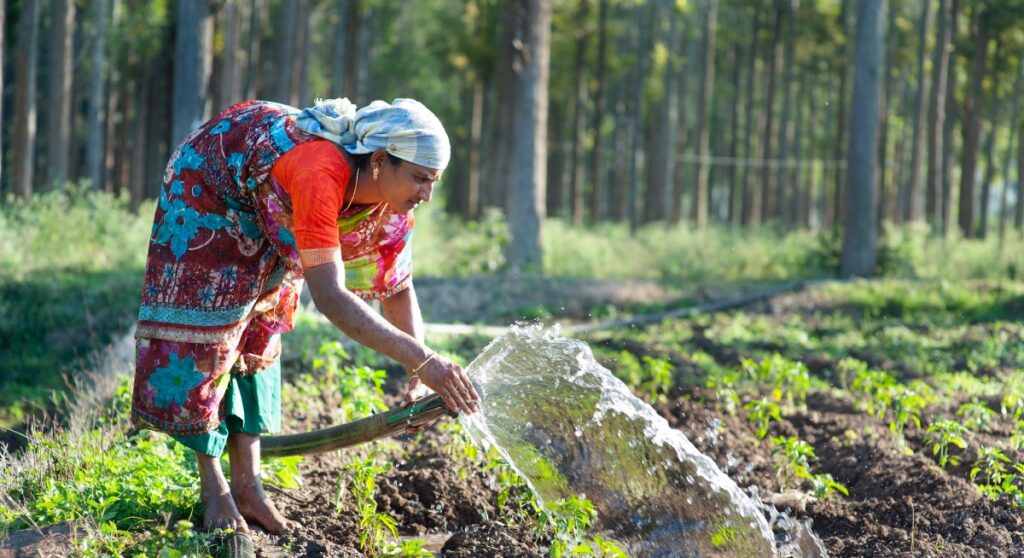
Organic farming studies have become increasingly pivotal in today’s agricultural landscape, as the global demand for sustainable and environmentally friendly practices continues to grow. These studies encompass a broad spectrum of research, focusing on the benefits, methods, and impacts of organic farming compared to conventional agriculture.

Organic farming studies delve into various aspects, ranging from soil health and biodiversity to crop productivity and water management. Researchers investigate how organic farming methods, such as crop rotation, composting, and biological pest control, contribute to soil fertility and biodiversity conservation. They also examine the role of organic farming in mitigating climate change by reducing greenhouse gas emissions and enhancing carbon sequestration in soils.
Moreover, organic farming studies scrutinize the nutritional quality of organic produce compared to conventionally grown counterparts. Studies often reveal higher levels of antioxidants, vitamins, and minerals in organic fruits, vegetables, and grains, attributing these differences to the absence of synthetic pesticides and fertilizers in organic farming practices.
Furthermore, organic farming studies explore the socioeconomic impacts of adopting organic practices on farmers’ livelihoods and rural communities. Research indicates that organic farming can provide economic benefits by reducing input costs and improving market access through premium prices for organic products. Additionally, organic farming fosters local food systems, enhances food security, and supports small-scale farmers, contributing to sustainable rural development.
In the realm of agricultural policy and regulation, organic farming studies analyze the effectiveness of organic certification standards and government incentives in promoting organic agriculture. Researchers evaluate the challenges faced by organic farmers, such as certification costs, market access, and competition with conventional agriculture.
On a global scale, organic farming studies examine regional variations in organic farming adoption and the factors influencing its growth in different geographical contexts. They highlight successful case studies and best practices from around the world, providing valuable insights for policymakers, farmers, and stakeholders interested in scaling up organic agriculture.
In conclusion, organic farming studies play a crucial role in advancing our understanding of sustainable agriculture and its multifaceted benefits. By addressing key research questions and generating empirical evidence, these studies contribute to informed decision-making, policy formulation, and the continuous improvement of organic farming practices worldwide. Embracing organic farming not only promotes environmental stewardship and biodiversity conservation but also supports healthier food systems and resilient communities in the face of global challenges such as climate change and food insecurity. As organic farming continues to evolve, ongoing research and innovation will be essential to further enhance its efficiency, productivity, and socioeconomic contributions in the agricultural sector.









